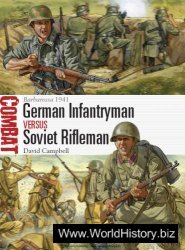VOJTECH MASTNY
The decade between the death of Iosif Stalin and the Cuban missile crisis was one of great promise and great peril. The promise consisted in the possibility of reversing the Cold War confrontation, the peril in its turning into real war. This chapter attempts to explain why the promise remained unfulfilled and why the peril, despite an initial turn toward detente, subsequently increased rather than diminished. Soviet foreign policy, to be sure, is only a part of the explanation, but it is an indispensable one. Rather than divert attention to other countries, the discussion that follows aims to assess the policy on its own merits. Benefiting fTom inside evidence that was not available at the time but is now, it will focus on what policymakers wanted to accomplish and what they actually did accomplish.
As Soviet leaders always proudly emphasized, their foreign policy was unlike any other, as was their state. The policy was unique in the extent to which their Marxist-Leninist beliefs determined their perception of why other states behaved the way they did. The unique feature of the Soviet state most relevant to foreign policy was the vast power wielded by the supreme leader, which made its exercise highly personalized. As the following discussion will show, the post-Stalin decade abounds in vivid, and sobering, examples ofwhat a difference a man and a system could make to foreign policy.




 World History
World History









